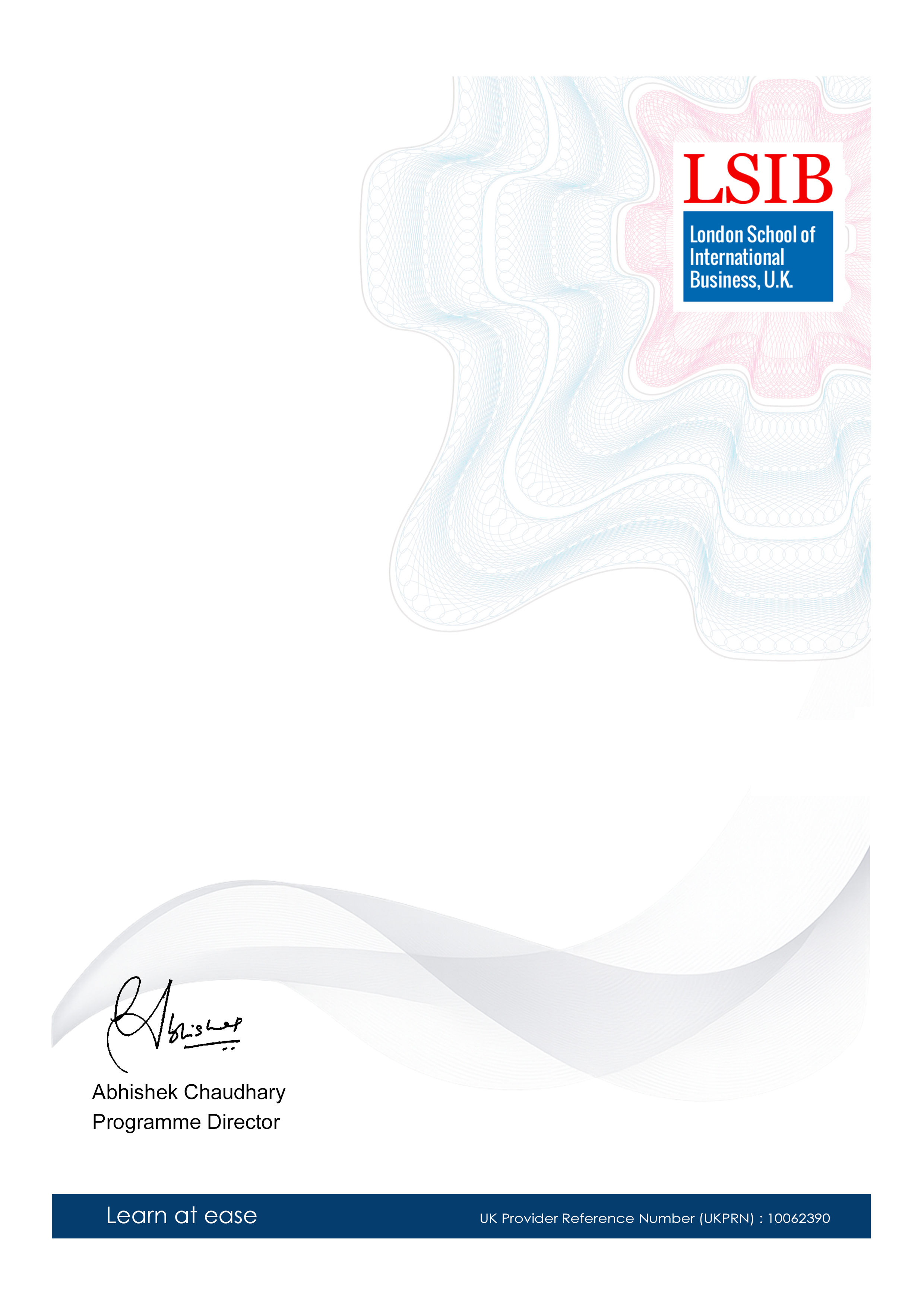Achieving Career Goals with Professional Certificate in Implementing CRM in E-commerce in the
-- viewing nowImplementing CRM in E-commerce is a crucial step in achieving career goals for professionals in the digital marketing and sales industry. With the rise of e-commerce, companies are looking for experts who can effectively manage customer relationships and drive business growth.
3,774+
Students enrolled
GBP £ 140
GBP £ 202
Save 44% with our special offer
About this course
100% online
Learn from anywhere
Shareable certificate
Add to your LinkedIn profile
2 months to complete
at 2-3 hours a week
Start anytime
No waiting period
Course details
Career path
- E-commerce CRM Specialist - Responsible for implementing and managing CRM systems in e-commerce environments, ensuring seamless customer interactions and data management.
- Digital Marketing Manager - Oversees digital marketing strategies, including social media, email marketing, and search engine optimization, to drive sales and customer engagement.
- Customer Success Manager - Focuses on ensuring customer satisfaction and retention by providing exceptional support, resolving issues, and identifying opportunities for growth.
- Data Analyst - Analyzes and interprets data to inform business decisions, identify trends, and optimize processes, ensuring data-driven insights drive business success.
- Business Analyst - Collaborates with stakeholders to identify business needs, develop solutions, and implement changes, ensuring alignment with business objectives and goals.
- 80% demand for E-commerce CRM Specialists with a salary range of £40,000 - £60,000 per annum.
- 70% demand for Digital Marketing Managers with a salary range of £60,000 - £80,000 per annum.
- 90% demand for Customer Success Managers with a salary range of £80,000 - £100,000 per annum.
- 60% demand for Data Analysts with a salary range of £35,000 - £50,000 per annum.
- 85% demand for Business Analysts with a salary range of £55,000 - £70,000 per annum.
Entry requirements
- Basic understanding of the subject matter
- Proficiency in English language
- Computer and internet access
- Basic computer skills
- Dedication to complete the course
No prior formal qualifications required. Course designed for accessibility.
Course status
This course provides practical knowledge and skills for professional development. It is:
- Not accredited by a recognized body
- Not regulated by an authorized institution
- Complementary to formal qualifications
You'll receive a certificate of completion upon successfully finishing the course.
Why people choose us for their career
Loading reviews...
Frequently Asked Questions
Course fee
- 3-4 hours per week
- Early certificate delivery
- Open enrollment - start anytime
- 2-3 hours per week
- Regular certificate delivery
- Open enrollment - start anytime
- Full course access
- Digital certificate
- Course materials
Get course information
Earn a career certificate

